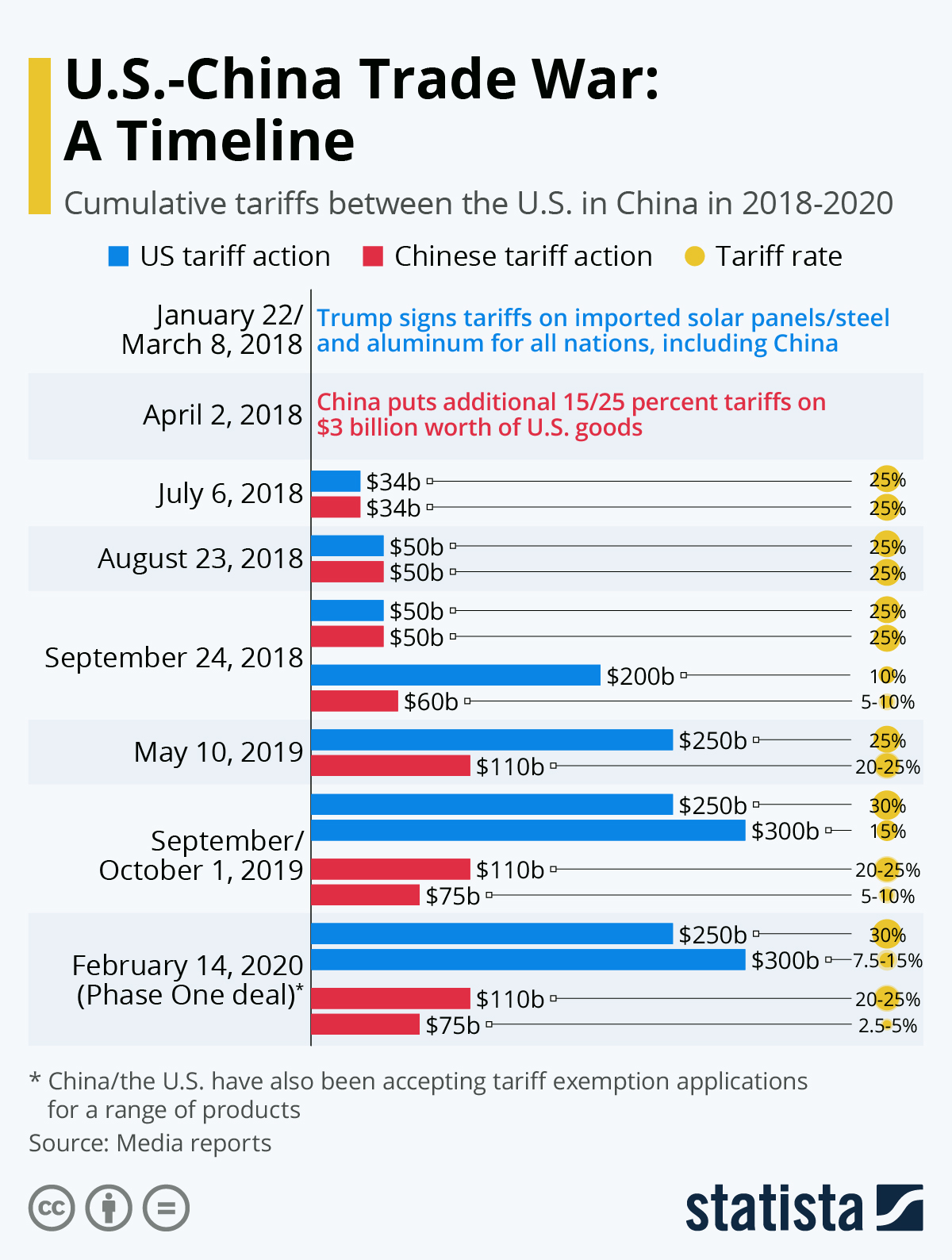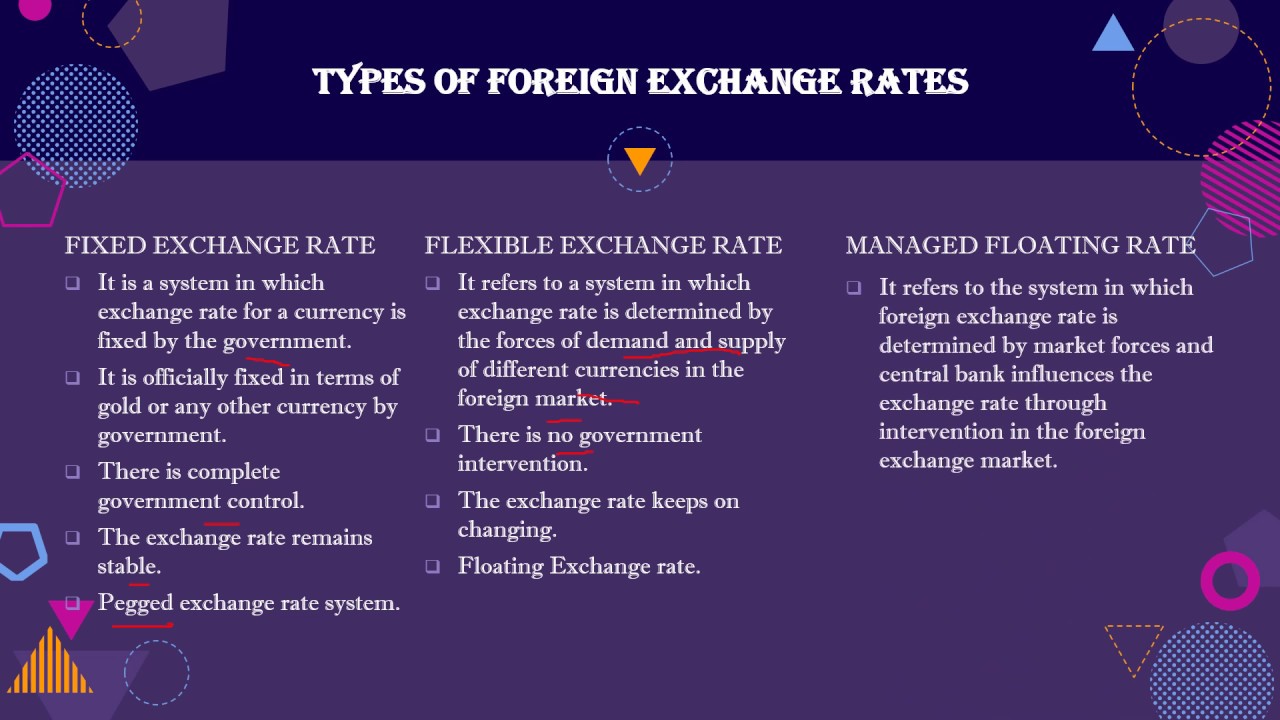Pentagon Proposal Sparks Debate: Greenland's Potential Transfer To Northern Command

Table of Contents
Strategic Rationale Behind the Pentagon's Proposal
The Pentagon's proposal is rooted in a complex web of strategic considerations concerning the Arctic and its escalating importance on the world stage.
Securing Arctic Resources and Sea Lanes
The Arctic holds immense strategic value, brimming with untapped natural resources and crucial sea lanes.
- Vast Mineral Wealth: The Arctic region is believed to contain significant reserves of oil, gas, minerals, and rare earth elements, making it a highly coveted area for economic exploitation.
- Strategic Shipping Routes: As Arctic ice melts due to climate change, previously inaccessible shipping routes are opening up, offering faster and more efficient trade connections between Asia and Europe.
- Resource Competition: This escalating accessibility fuels competition among global powers, including Russia, China, and the United States, all vying to secure access to these resources and strategic sea lanes.
- National Security Implications: Control over these resources and routes is directly tied to US national security interests, impacting trade, energy security, and overall economic stability.
Countering Russian and Chinese Influence in the Arctic
Russia and China are actively expanding their military presence and influence in the Arctic. The Pentagon's proposal aims to counteract these efforts.
- Increased Russian Military Activity: Russia has modernized its Arctic military infrastructure, including bases, airfields, and icebreakers, asserting its dominance in the region.
- China's Growing Arctic Footprint: China, declaring itself a "near-Arctic state," is investing heavily in Arctic infrastructure and research, furthering its ambitions in the region.
- Strategic Advantage: The transfer of operational control over aspects of Greenland to Northern Command is seen by some as a way to enhance US military capabilities and counter the growing influence of Russia and China.
- Examples of Activity: The deployment of advanced weaponry by Russia in the Arctic, coupled with China's Belt and Road Initiative extending into the region, highlights the growing geopolitical competition.
Enhancing US Surveillance and Monitoring Capabilities
Greenland's strategic geographical location provides an unparalleled vantage point for monitoring Arctic activity.
- Improved Surveillance: An enhanced US military presence could significantly improve surveillance capabilities, providing early warning of any potential threats.
- Monitoring Shipping Lanes: Increased monitoring would allow for better tracking of shipping activity, ensuring the security of vital trade routes.
- Potential Concerns: Concerns remain regarding the implications of increased surveillance, including potential violations of privacy and the need for transparency and international cooperation.
Counterarguments and Concerns Surrounding the Proposal
While the Pentagon's proposal is strategically driven, it also raises significant concerns regarding sovereignty, the environment, and international relations.
Greenlandic Sovereignty and Self-Determination
Greenland, an autonomous territory within the Kingdom of Denmark, holds a unique status.
- Self-Governance: Greenland enjoys considerable self-governance but remains under the sovereignty of the Danish crown.
- Greenlandic Opposition: Many Greenlandic citizens and leaders express strong concerns regarding their sovereignty and the potential for infringement upon their self-determination.
- Denmark's Role: The proposal's impact on Greenland's relationship with Denmark, a close US ally, needs careful consideration.
Environmental Concerns and Potential Impacts on the Arctic Ecosystem
Increased US military activity in Greenland carries potential environmental risks.
- Pollution: Military operations could lead to pollution of the delicate Arctic ecosystem through noise pollution, chemical spills, and waste disposal.
- Disruption of Wildlife: Increased military traffic and infrastructure development could disrupt wildlife habitats and migratory patterns.
- Climate Change Impact: The proposal’s potential impact on climate change, already affecting the Arctic at an alarming rate, needs thorough assessment by environmental groups and experts.
International Relations and Diplomatic Implications
The proposal's impact on US relations with other nations is potentially significant.
- Strained Relations with Denmark: The proposal could strain US relations with Denmark if not handled diplomatically.
- International Backlash: Other Arctic nations and international organizations might express concerns about the increased militarization of the region.
- Increased Tensions: The proposal could trigger an escalation of tensions and mistrust among Arctic nations.
Potential Outcomes and Future Scenarios
The ongoing debate regarding Greenland's potential transfer to Northern Command presents several possible scenarios.
Different Scenarios Following the Debate
- Withdrawal of the Proposal: The Pentagon could withdraw the proposal entirely due to strong opposition.
- Partial Implementation: The proposal could be modified to address concerns regarding Greenlandic sovereignty and environmental impacts.
- Negotiated Agreement: A negotiated agreement between the US, Denmark, and Greenland could lead to a compromise that addresses all parties' concerns.
Long-Term Implications for Arctic Security and Governance
The long-term implications of this proposal are far-reaching.
- Arctic Security: The proposal could significantly alter the balance of power in the Arctic, impacting future security dynamics.
- Arctic Governance: The proposal could influence the role of the Arctic Council and other international bodies in managing the region's resources and security.
- Geopolitical Ramifications: The proposal's ultimate success or failure will have significant geopolitical implications, shaping the future of Arctic relations for years to come.
Conclusion: The Future of Greenland and the Pentagon's Proposal
The debate surrounding Greenland's potential transfer to Northern Command highlights the complex interplay of strategic interests, sovereignty concerns, and environmental considerations in the rapidly changing Arctic. The proposal’s ultimate fate remains uncertain, yet its mere introduction underscores the growing geopolitical competition for control of this vital region. It is crucial to continue following the ongoing debate surrounding Greenland's potential transfer to Northern Command and to engage in informed discussions regarding this complex issue. Further research into the proposal’s implications for the Arctic and global politics is highly recommended to foster a deeper understanding of this pivotal moment in Arctic history.

Featured Posts
-
 Legal Implications Of Selling Banned Chemicals On E Bay Section 230 Scrutinized
May 10, 2025
Legal Implications Of Selling Banned Chemicals On E Bay Section 230 Scrutinized
May 10, 2025 -
 How Trade Disputes Are Affecting Chinese Goods The Example Of Bubble Blasters
May 10, 2025
How Trade Disputes Are Affecting Chinese Goods The Example Of Bubble Blasters
May 10, 2025 -
 High Stock Market Valuations Bof A Explains Why Investors Shouldnt Panic
May 10, 2025
High Stock Market Valuations Bof A Explains Why Investors Shouldnt Panic
May 10, 2025 -
 Woman Charged With Murder After Racist Stabbing
May 10, 2025
Woman Charged With Murder After Racist Stabbing
May 10, 2025 -
 Indonesia Reserve Drop Rupiah Depreciation Impacts Foreign Currency Holdings
May 10, 2025
Indonesia Reserve Drop Rupiah Depreciation Impacts Foreign Currency Holdings
May 10, 2025
